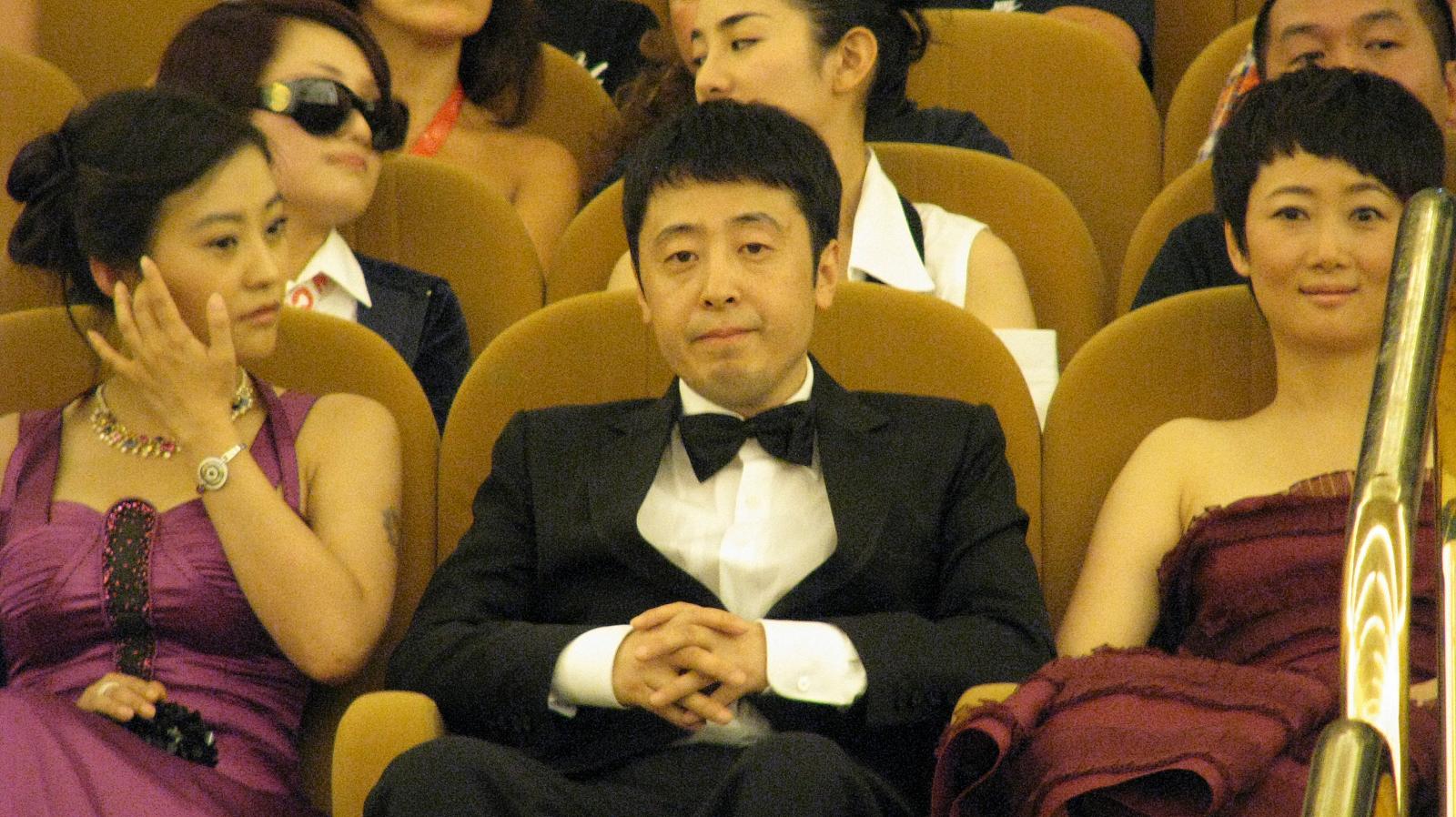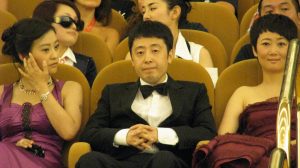China’s leading auteur director said he opposed the inclusion of harsh punishments in the new film law, to no avail.

China’s leading auteur director Jia Zhangke has called on his fellow filmmakers to continue to push for changes to the country’s new film law to ensure independent films make it onto the international stage.
“As the film law is the official national law, citizens are obliged to comply with it,” Jia told reporters at Cannes on Tuesday, “[But] there should be more discussion about whether this particular clause is practical and reasonable.”
Jia was responding to a question about a particular clause in the new law that stipulates penalties for Chinese filmmakers who choose to have their productions screened at overseas festivals without official clearance. Any filmmakers contravening the law could be banned from any film-related activities for five years.
The law, which was introduced in March, codified an unwritten rule that had snared filmmakers like Lou Ye as early as 2006.
Lou was banned from filmmaking in China for five years after sending his gay coming-of-age romance Summer Palace to the Cannes Film Festival without government approval.
Jia’s 2013 film A Touch of Sin was denied an official release permit, even after he worked closely with government censors throughout the production process.
The film was nominated for the Palme d’Or at the Cannes Film Festival and went on to win best screenplay there, but without a release in China, it could not be submitted for the Best Foreign Language Film prize at the Academy Awards in Hollywood.
Jia made his comments to reporters after introducing Cannes Film Festival attendees to the new “Crouching Tiger, Hidden Dragon” Pingyao International Film Festival which kicks off in his hometown in October.
The director told reporters that he had opposed the inclusion of the clause in the new law before it was made official earlier this year.
“When the draft law was open for feedback, I made it known several times that I wasn’t in favor of it. There are all sorts of reasons why some films don’t get approved, but whether the filmmakers should be punished is debatable.”
Some film industry insiders worry that the law could have a chilling effect on independent filmmakers who otherwise may have been more willing to push the creative envelope.
Chinese films appeared set to be overlooked for the second year running at this year’s festival until Li Ruijun’s film Walking Past the Future was added to the Un Certain Regard section at the last minute.
At the time, festival director Thierry Fremaux seemed to deliberately leave the door open for a late entry but stressed that “more commercial” Chinese films are “not exactly the kind of thing we should present in Cannes.”
Ensuring Chinese law is flexible enough to allow quality films compete on the world stage looks set to be an ongoing challenge for Chinese filmmakers, and one that Jia says his own voice won’t be enough to lobby the government.
“Any sort of personal appeal from me was of no use in the end,” Jia told reporters in Cannes.”The law still went through. On the one hand, as citizens, we must respect the law but on the other as creators, we should continue to push for the law to be improved so it’s more suited to the laws of creativity.”
— Additional reporting by Belinda Zhang.





